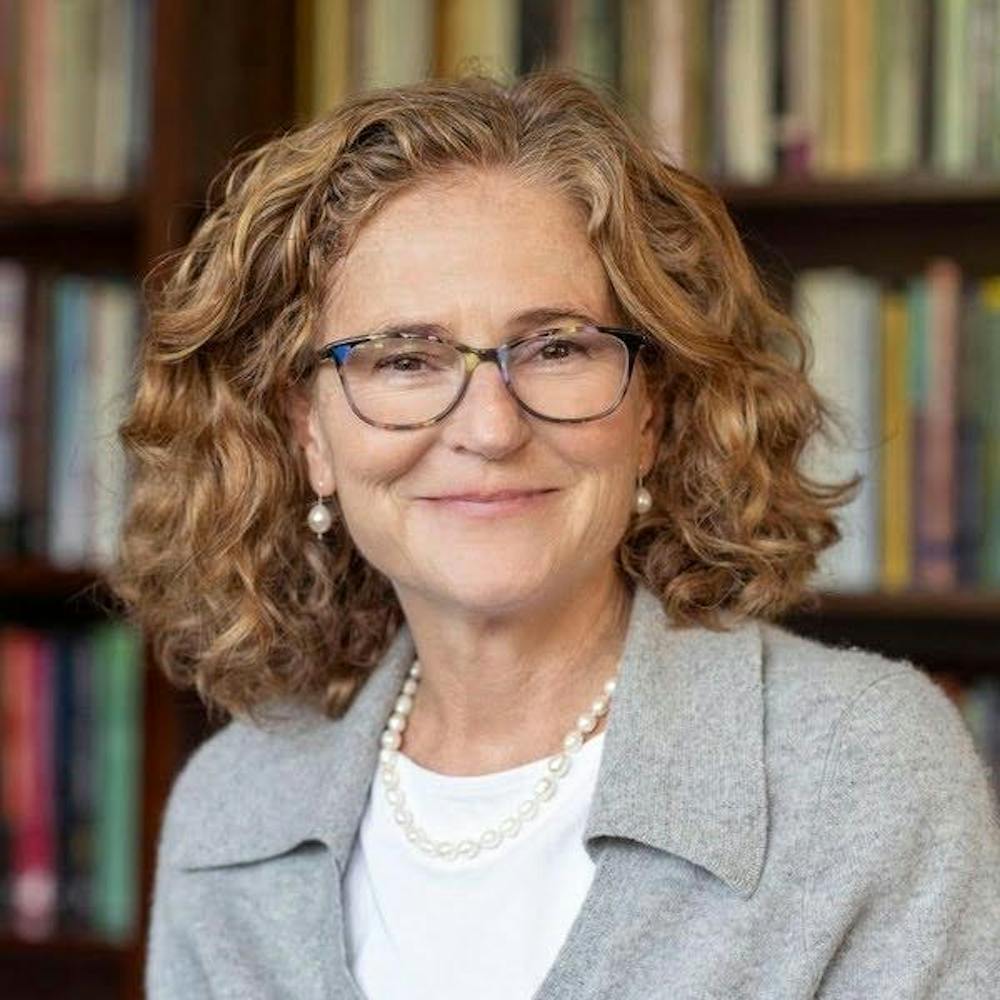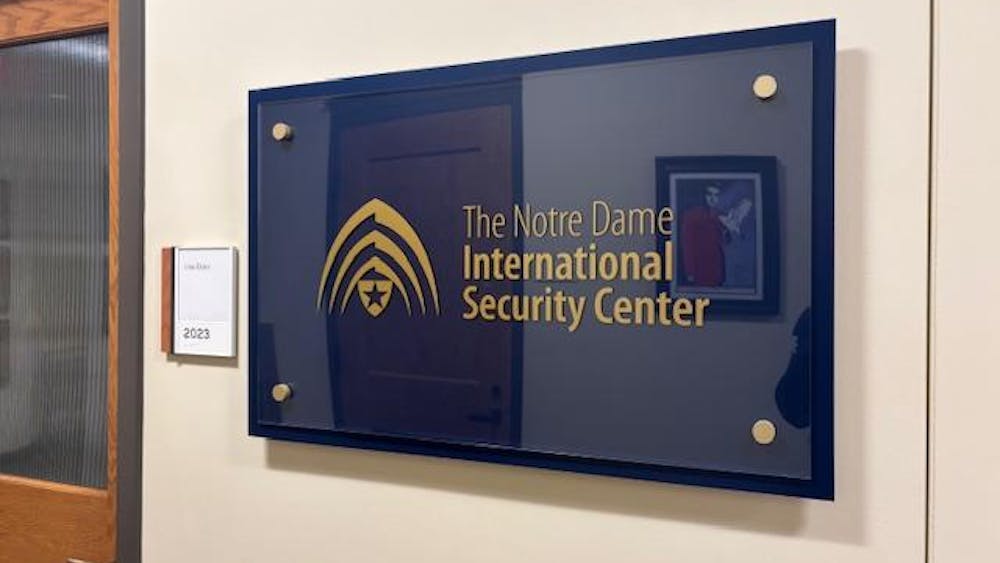When now dean of the Keough School of Global Affairs, Mary Gallagher, was invited by Provost John McGreevy to conduct an external review of the Keough School for Asia and Asian Studies, Notre Dame’s values stood out to her.
“I was immediately struck by Notre Dame’s strategic vision and commitment to themes like democracy, sustainability, and integral human development,” she said. The University’s emphasis on these values, particularly as a Catholic institution, resonated with her professional focus and desire to contribute meaningfully to global issues.
That initial review would prove to be a jumping-off point for Gallagher’s future career at Notre Dame. In July, Gallagher took over as the dean of the Keough School of Global Affairs. Gallagher succeeded Scott Appleby, after he stepped down in June, following the end of second his five-year term.
Gallagher’s pathway to international relations began at Smith College in Northampton, Massachusetts, where she initially set her sights on studying French. However, an unexpected detour caused the course of her academic career to shift, she explained in an interview with The Observer.
“During my freshman year, I took a class about China that captivated me,” Gallagher said.
This newfound interest led her to shift her focus to Chinese language and politics, setting the stage for a career that would allow her to navigate the challenges of global affairs.
Her academic pursuits brought her to China during a pivotal historical moment — the summer and fall of 1989, shortly after the Tiananmen Square protests.
“That experience shaped my understanding of political dynamics and the importance of human rights issues,” Gallagher said.
Following her time in China, she spent several years in Japan before earning a Ph.D. in Chinese politics from Princeton in 1993. Since then, her career has encompassed a diverse range of roles, including consulting for the World Bank, advising on labor conditions with Apple and working with the State Department.
With her new role as dean, Gallagher has laid out a set of ambitious goals for the Keough School. She said her foremost objective is to enhance coordination and collaboration among the nine institutes and centers that comprise the school, ensuring that they work hand in hand to amplify their collective impact.
“Each institute has its unique strengths, and by fostering collaboration, we can elevate the profile of both established and newer programs,” Gallagher explained.
In addition to enhancing internal collaboration, Gallagher aims to raise the Keough School’s profile as a premier choice for students pursuing a master’s degree in global affairs.
“We want to be recognized not just nationally, but globally, as a leading institution for the study of global issues,” she said.
This includes expanding the school’s presence in Washington, D.C., where both students and faculty can engage directly with policy work.
Another one of Gallagher’s key priorities is identifying specific regions and areas of focus for the University’s global engagement and partnerships. Currently, the Keough School has a robust global presence, with faculty and programs engaged in Africa, Latin America, Central and Eastern Europe and Asia. Notable collaborations include work by the Kroc Institute in Colombia and the Philippines and initiatives by the Kellogg Institute in Latin America.
“Aligning our efforts with faculty research and strategic partnerships will be crucial in ensuring that Notre Dame’s contributions resonate globally,” she said.
Gallagher is also a committed advocate for study-abroad experiences.
“Students should seek opportunities that push them out of their comfort zones,” she said.
Gallagher stressed that Notre Dame, as a Catholic university, has a unique role to play in fostering civil dialogue and addressing political polarization, particularly in the United States.
“We have an opportunity to leverage our reputation as a research institution that welcomes diverse perspectives,” she said.
The Ansari Institute for Global Engagement with Religion’s efforts to bring together individuals from various faiths exemplifies this mission, Gallagher said, stressing her desire to build on these foundations to promote ethical research and dialogue.
Gallagher offered her advice to students considering a future career in global affairs.
“Learning a language other than English is critical,” she insisted, highlighting how language skills enhance direct communication and cultural understanding. Additionally, she underscored the importance of historical context in grounding research, noting that understanding past conflicts is vital for addressing contemporary issues.










